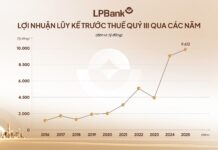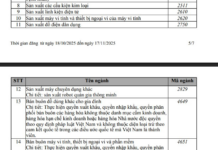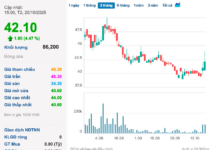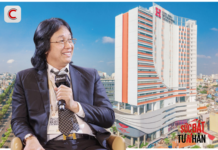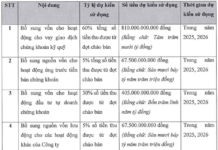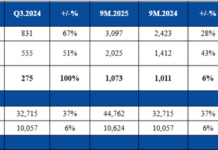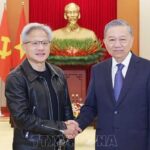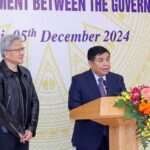According to Article 159 of the 2014 Housing Law, foreign individuals and organizations are permitted to own houses in Vietnam, subject to the following conditions:
– Foreign organizations and individuals investing in housing construction projects in Vietnam in accordance with the 2014 Housing Law and relevant laws.
– Foreign individuals permitted to enter Vietnam.
Furthermore, the above-mentioned entities are only allowed to own houses in Vietnam through the following means:
– Investing in housing construction projects as stipulated by the 2014 Housing Law and related legal documents.
– Purchasing, lease-purchasing, receiving as a gift, or inheriting commercial housing, including apartments and separate houses within a housing construction investment project, except for areas ensuring national defense and security as prescribed by the Government.

While there are certain restrictions, the process of buying property in Vietnam as a foreigner is feasible if you are well-versed in the procedures and thoroughly prepared. (Illustrative image)
According to Vietnamese law, foreigners who intend to buy property in the country must fulfill several basic requirements. Firstly, they must possess a valid passport with no entry restrictions to Vietnam, ensuring their legal and long-term residence in the country.
Once the basic conditions are met, foreigners need to prepare their original, valid passport with a valid visa. Additionally, they must demonstrate sufficient financial capacity to make the purchase. Banks usually require a statement of account and proof of income. It is imperative to comply with the sales contract, which should be carefully drafted and signed by both parties, with the certification of a notary public.
The process of buying property in Vietnam as a foreigner is not overly complicated when you are aware of the steps involved:
Choosing the right property: Conduct thorough research on the project and identify the desired apartment. Ensure that the project allows foreign ownership.
Signing a deposit contract: Once you’ve decided on an apartment, you will sign a deposit contract, typically involving a payment of 10% of the property’s value.
Executing a sales contract: After completing the deposit procedure, proceed to sign the sales contract. This contract must be notarized to ensure its legal validity.
Making payments and taking possession: Fulfill the payment obligations as agreed upon in the contract and receive the handover of the apartment from the project investor.
While there are certain restrictions and procedures to follow, buying property in Vietnam as a foreigner is achievable with proper preparation and knowledge of the process. By adhering to the provided guidelines and staying mindful of the necessary steps, you will soon be able to acquire your dream home in Vietnam, promising a comfortable and fully-equipped living space.
“Vietnam Recognizes NVIDIA as a Premier Strategic Partner in Semiconductors and AI.”
On December 6, at the Headquarters of the Party Central Committee, General Secretary To Lam met with Jensen Huang, CEO of NVIDIA Corporation. The General Secretary expressed his desire for NVIDIA Corporation to continue its collaboration with Vietnam in developing its AI ecosystem, emphasizing that the country considers NVIDIA Corporation a leading strategic partner in the fields of semiconductors and AI.
The Future of NVIDIA: Why Vietnam Will Be Our ‘Second Home’
Jensen Huang, expressed his delight at being in Vietnam to announce a significant milestone and a momentous day for NVIDIA. Today, we unveil the opening of NVIDIA’s large Research and Development (R&D) center in Vietnam, where we will focus on AI, software, and systems technology that NVIDIA is pioneering.









